Jedburgh Abbey
Religious Place In Jedburgh, Borders
A ruined Augustinian Abbey in the town of Jedburgh.
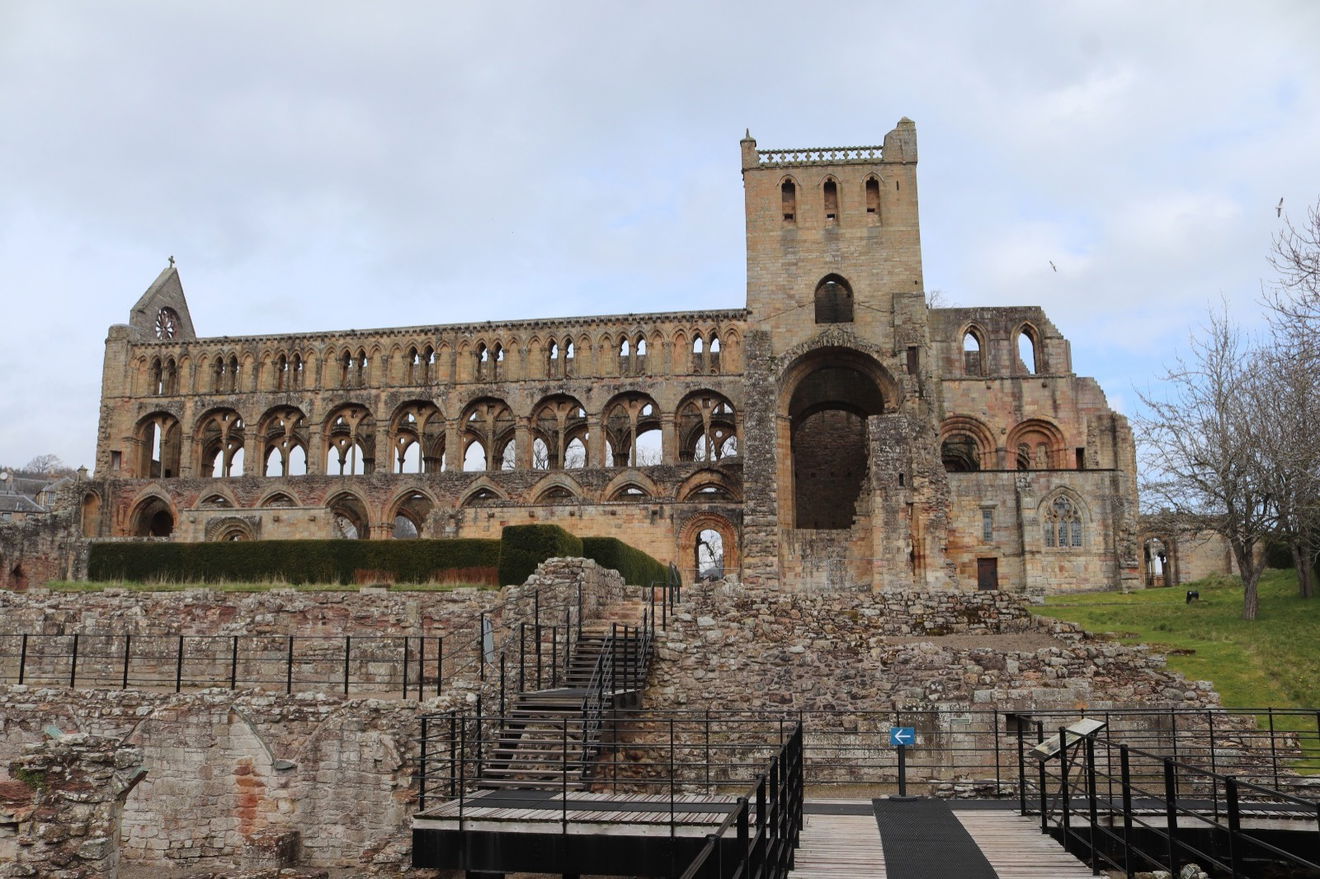
Jedburgh Abbey is a ruined Augustinian abbey in the town of Jedburgh, Roxburghshire. It was founded in 1138 by King David I of Scotland, and was one of the four great abbeys of the Scottish Borders, along with Melrose Abbey, Kelso Abbey and Dryburgh Abbey. The abbey was built on the site of an earlier church, which had been founded in the 9th century by Bishop Ecgred of Lindisfarne.
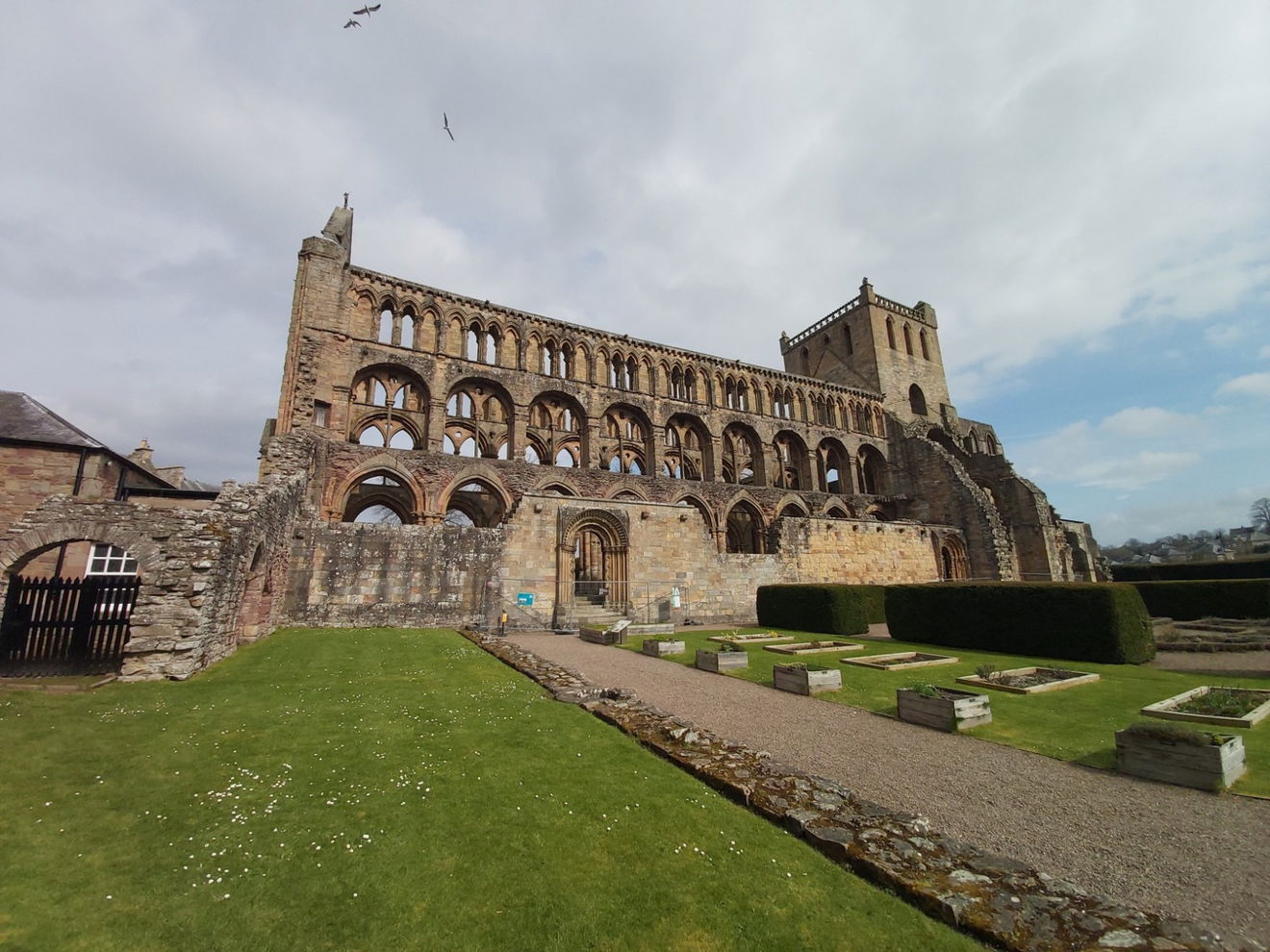
The site of Jedburgh Abbey has a long history of Christian worship. A church was first founded on the site in the 9th century by Bishop Ecgred of Lindisfarne. No buildings survive from this time although there are many archaeological finds such as fragments of stone crosses and a sarcophagus from this period that give an insight to life before the church.


In 1138, King David I of Scotland founded an Augustinian priory on the site of the earlier church. The priory was raised to abbey status in 1154.
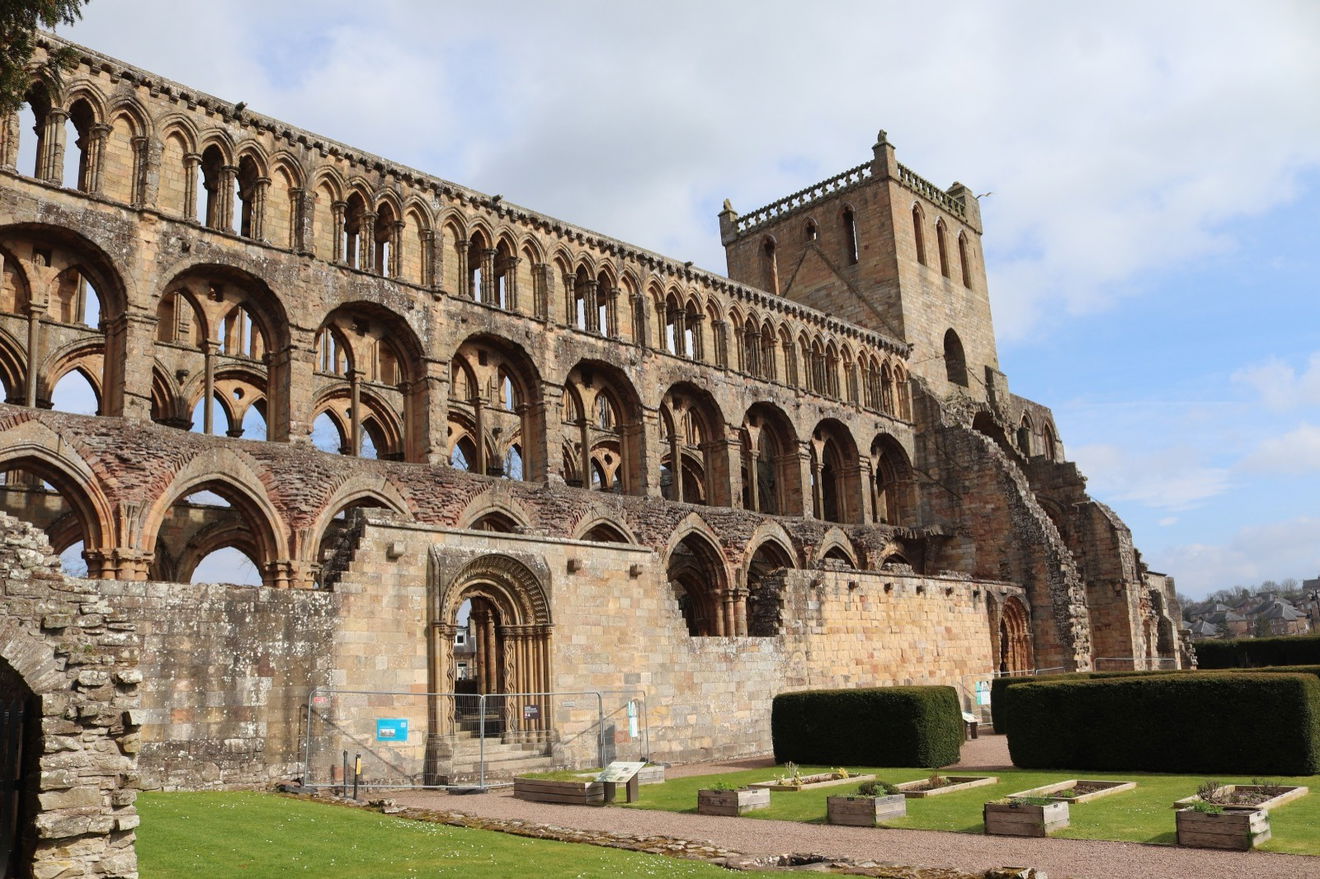
The construction of the abbey began in the 12th century, and it continued throughout the 13th and 14th centuries. The abbey church was completed in the mid-13th century, and it was one of the largest and most impressive churches in Scotland at the time.
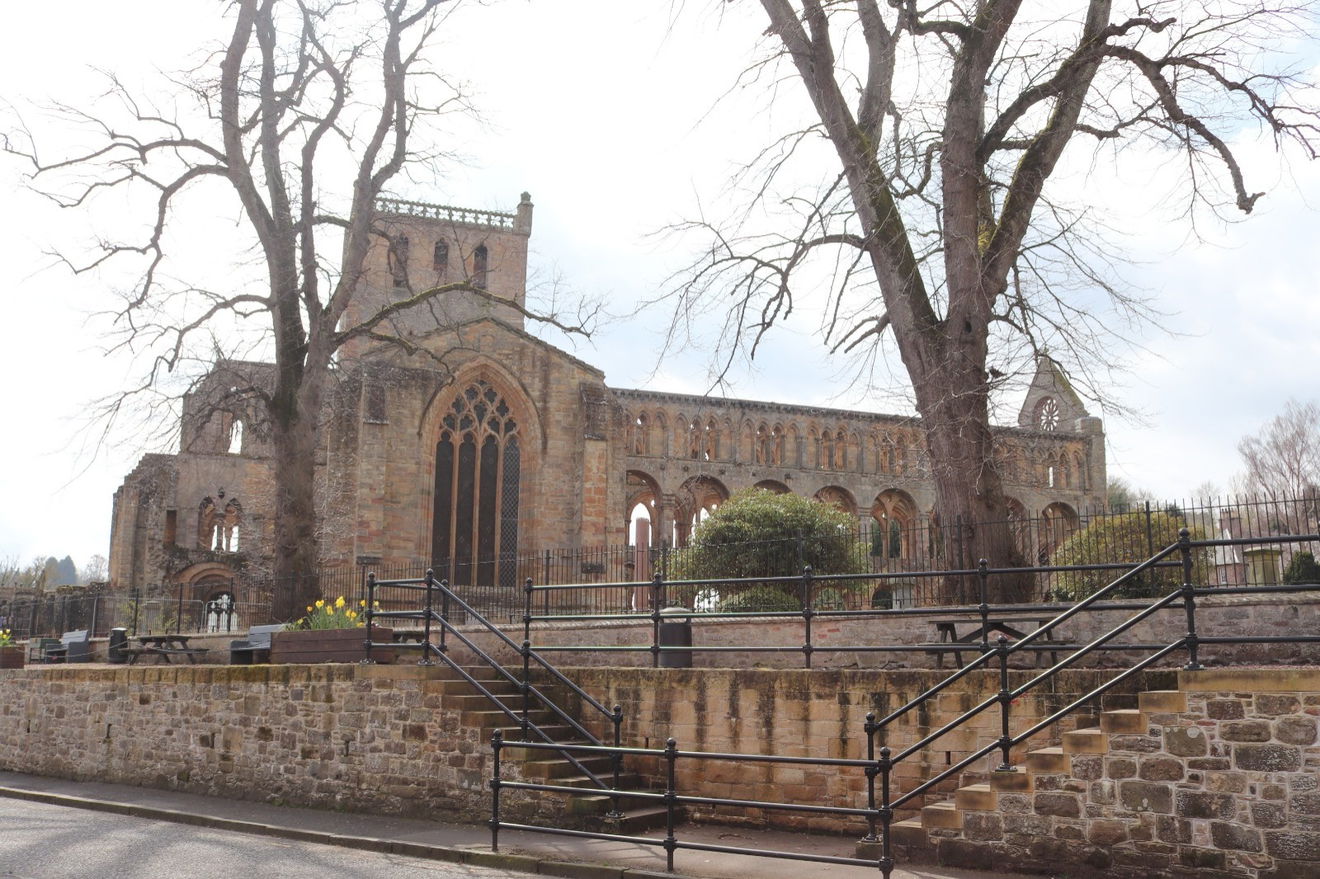
The abbey church was built in the Romanesque style, with a cruciform plan and a central tower, although over the course of the build, fashions changed and it also contains Gothic features. The exterior of the church was decorated with elaborate carvings, and the interior was lavishly decorated with wall paintings and stained glass.




The abbey also had a number of other buildings, including a cloister, a chapter house, a refectory, and a dormitory. The abbey complex was surrounded by a precinct wall, which was fortified to protect the abbey from attack.
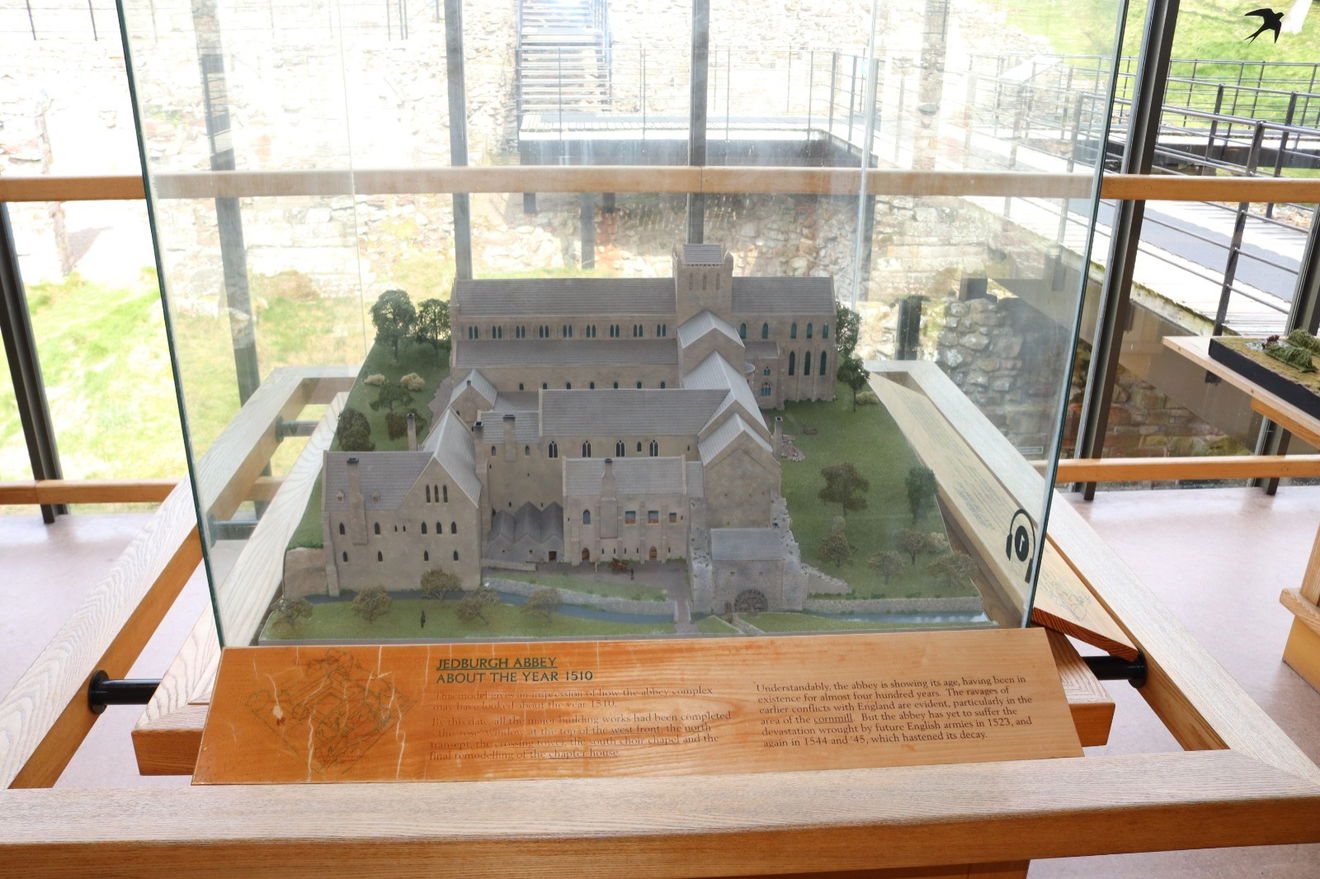
The Augustinians were a monastic order, and the monks at Jedburgh Abbey lived a life of prayer, study, and work. The monks rose early each morning for prayer, and they spent the rest of the day working in the abbey fields, studying religious texts, or teaching.
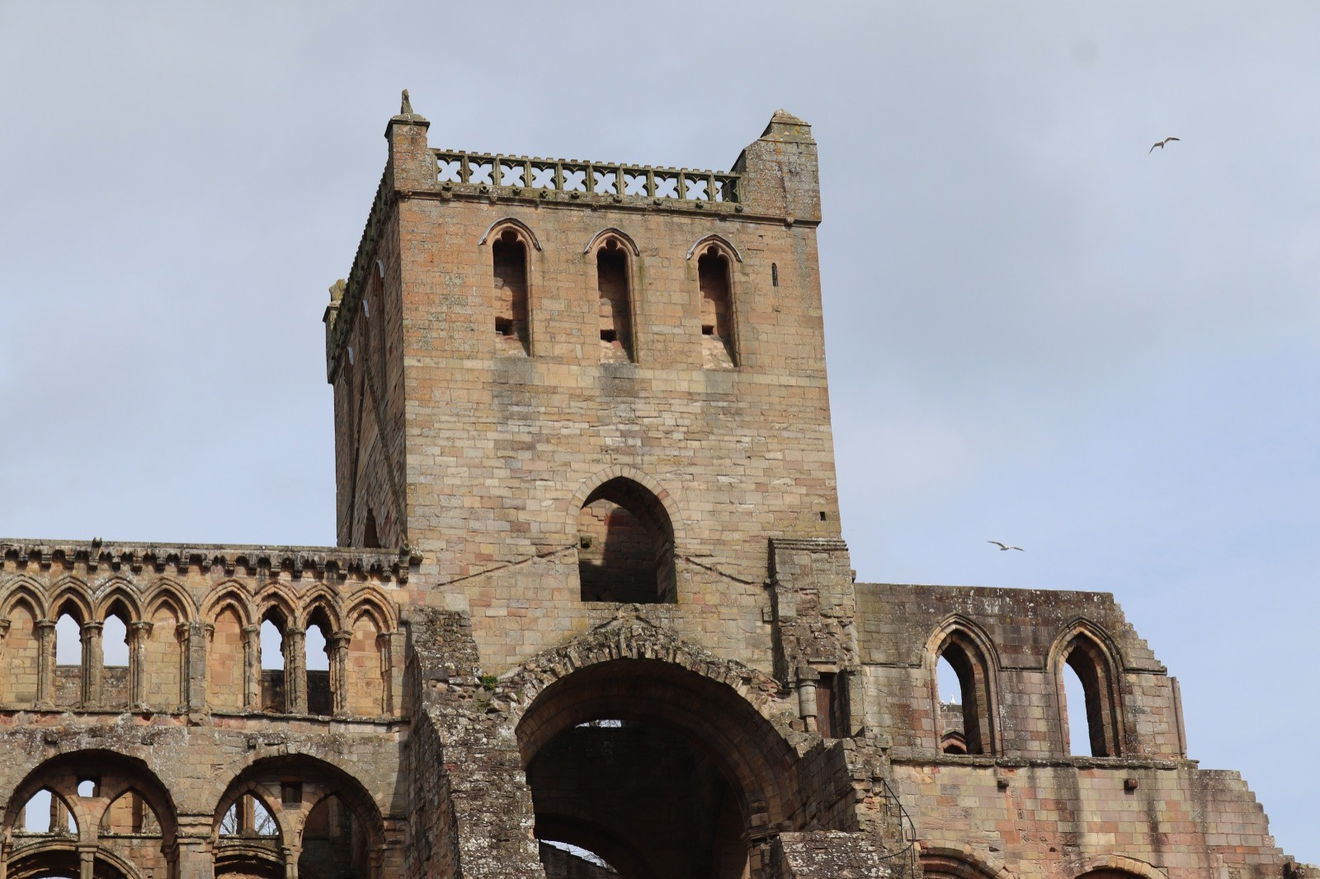
The abbey played an important role in the religious and cultural life of the Scottish Borders. The monks provided pastoral care to the local people, and they also ran a school at the abbey. The abbey was also a centre of learning and culture, and the monks copied manuscripts and illuminated books.
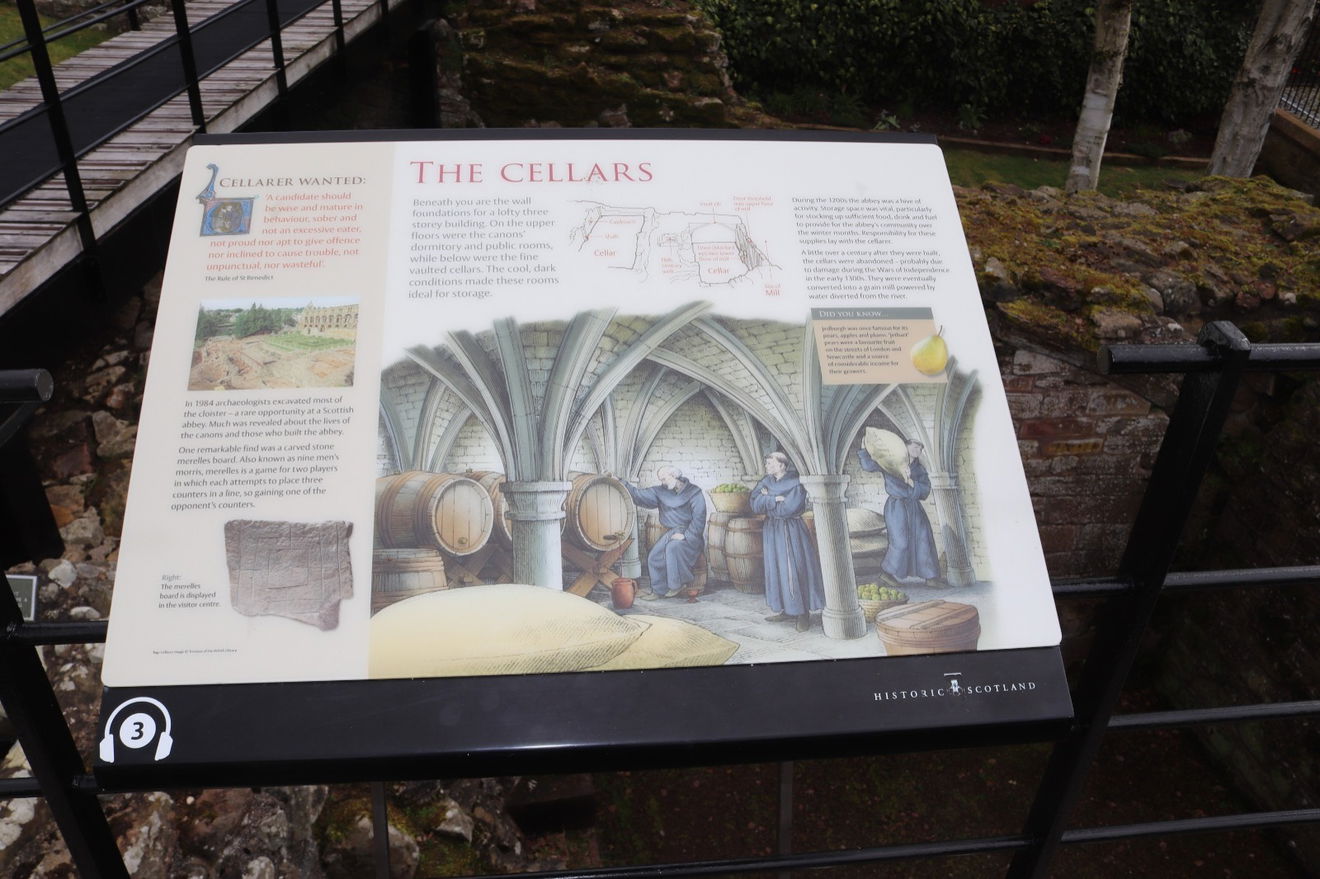
The abbey's location on the border between Scotland and England made it vulnerable to attack during the Wars of Scottish Independence in the 13th and 14th centuries. The abbey was raided and damaged on several occasions during this period.
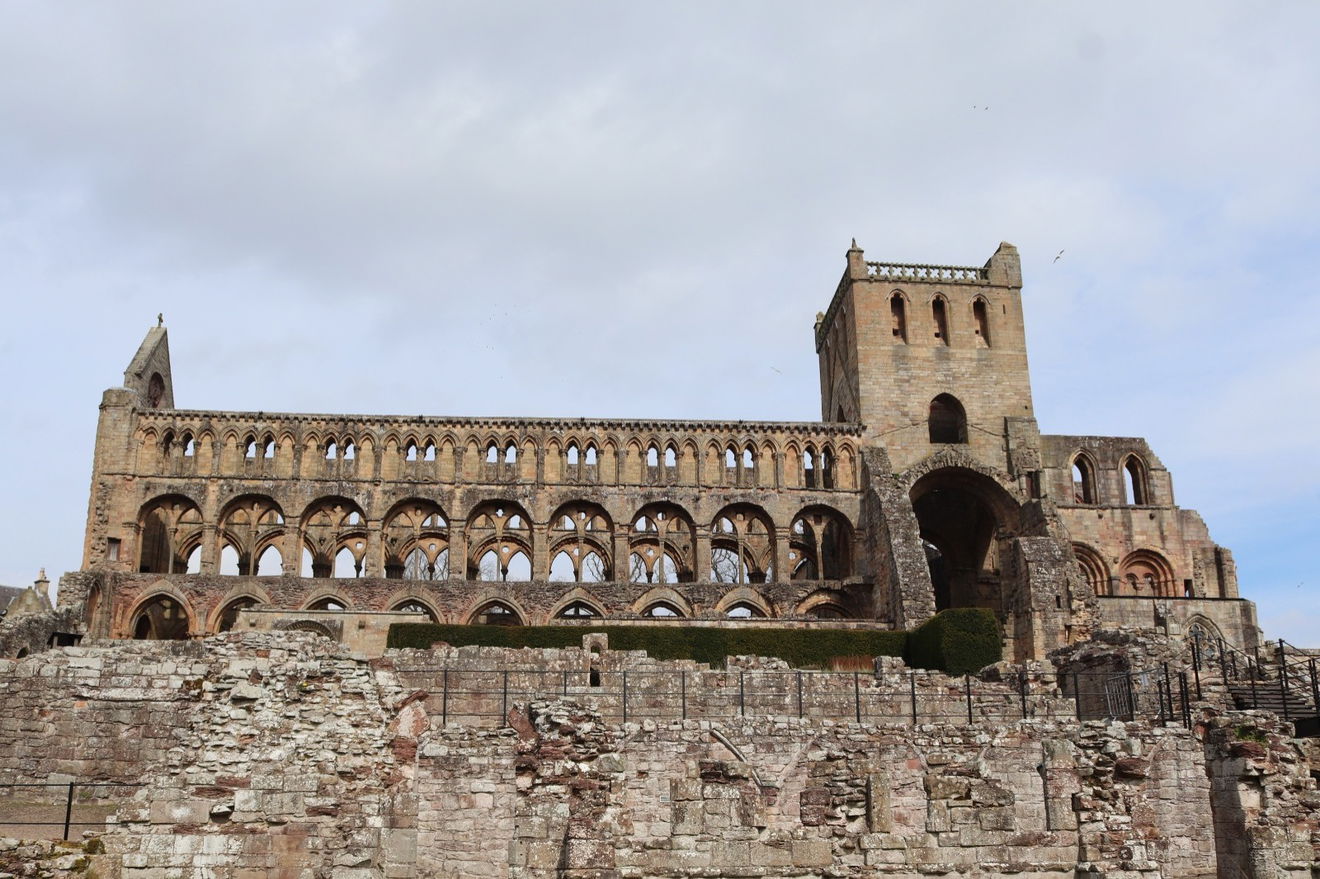
The abbey was rebuilt after each attack, but it was never fully restored to its former glory. The abbey's decline continued during the 15th century, and it was finally dissolved by the Scottish Parliament in 1560.
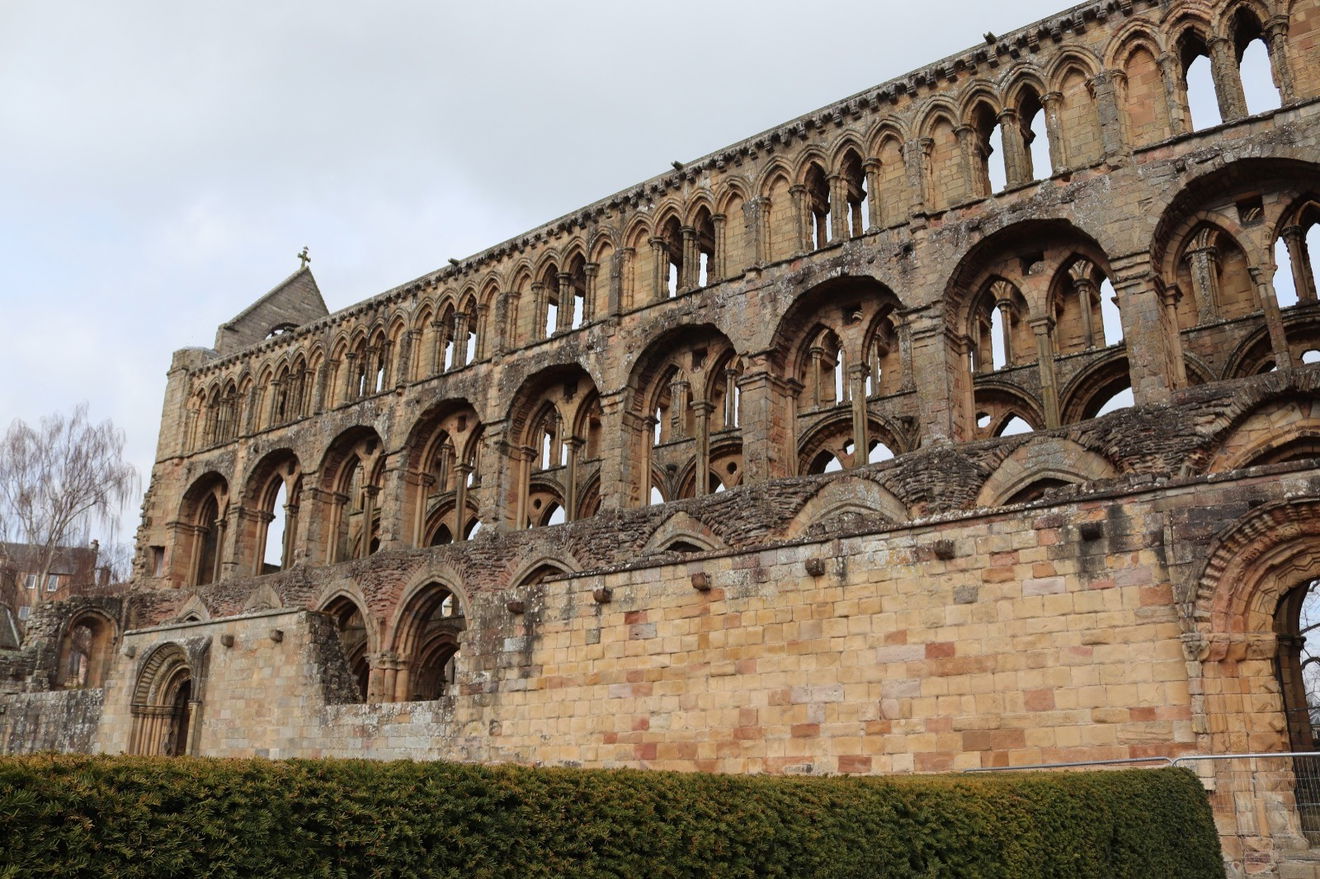
The abbey had continued to function as a religious institution until the Scottish Reformation in the 16th century. In 1560, the abbey was surrendered to the Crown and the monks were expelled. The abbey buildings were then used as a quarry and a prison, before falling into ruin. In the 19th century, the abbey was restored and opened to the public.


The abbey ruins are, like many properties looked after by Historic Environment Scotland, currently undergoing extensive restoration and repair, so sections of it are not accessible at present, but you can still get round most of the complex and marvel at the scale and splendour of the buildings.
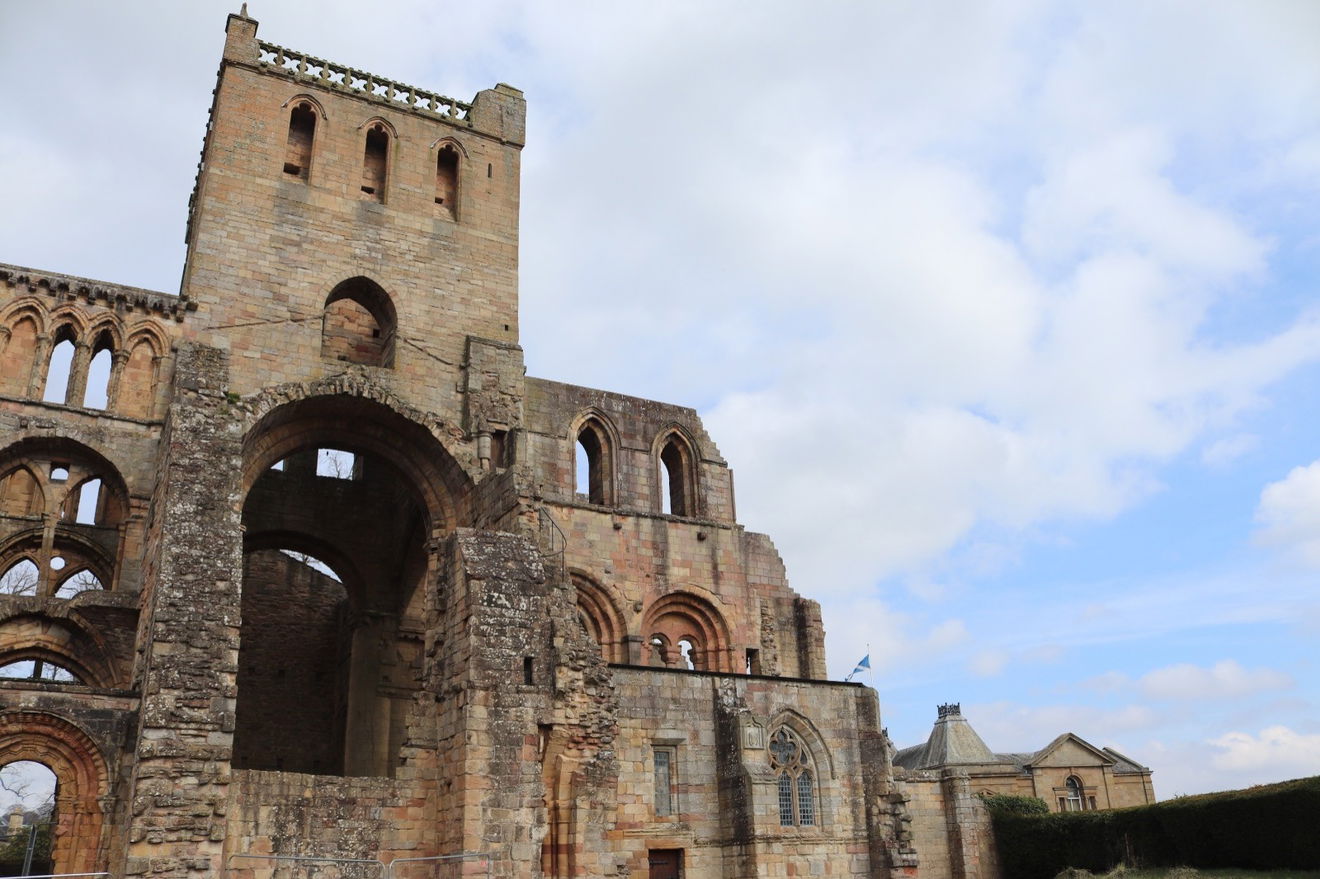
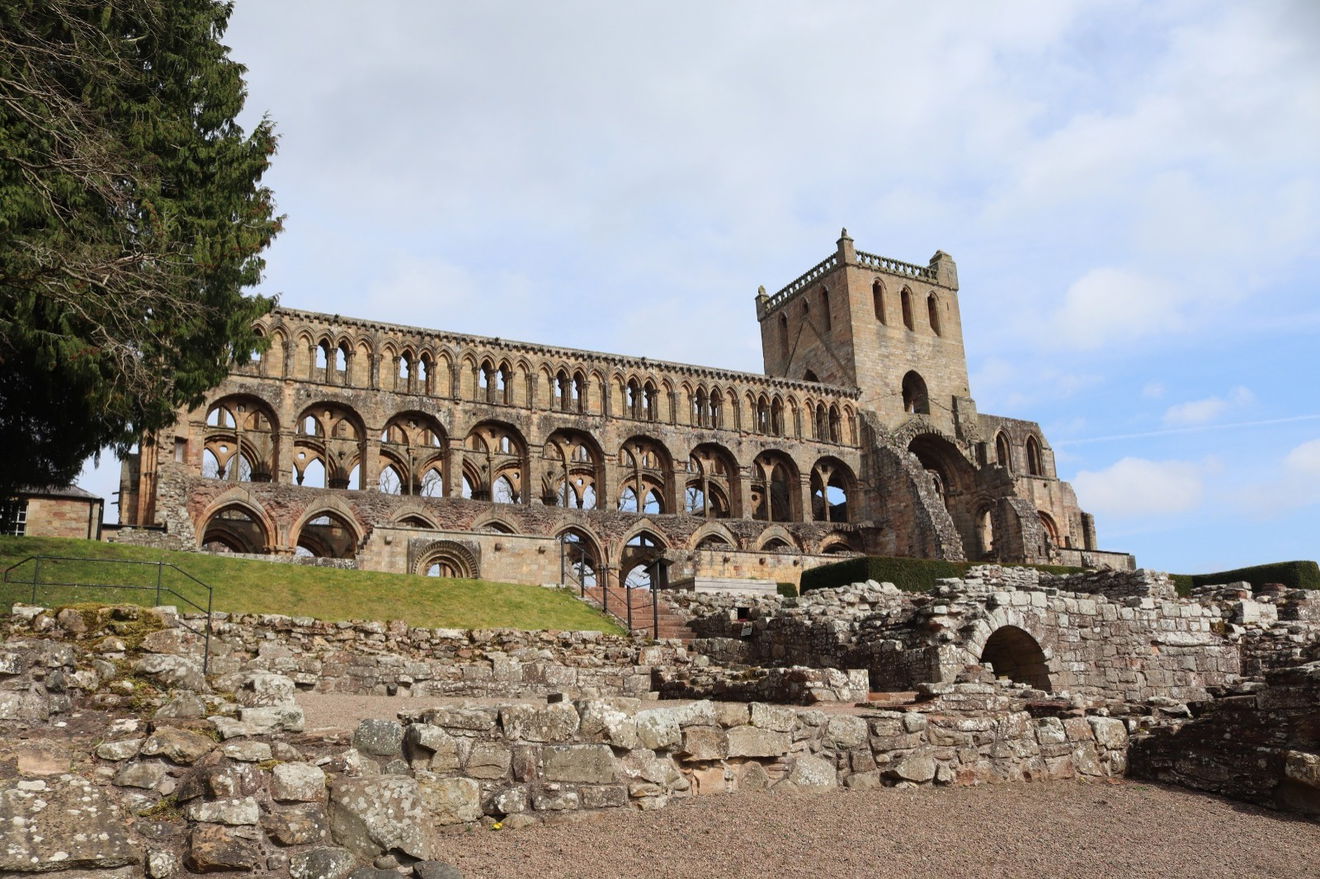
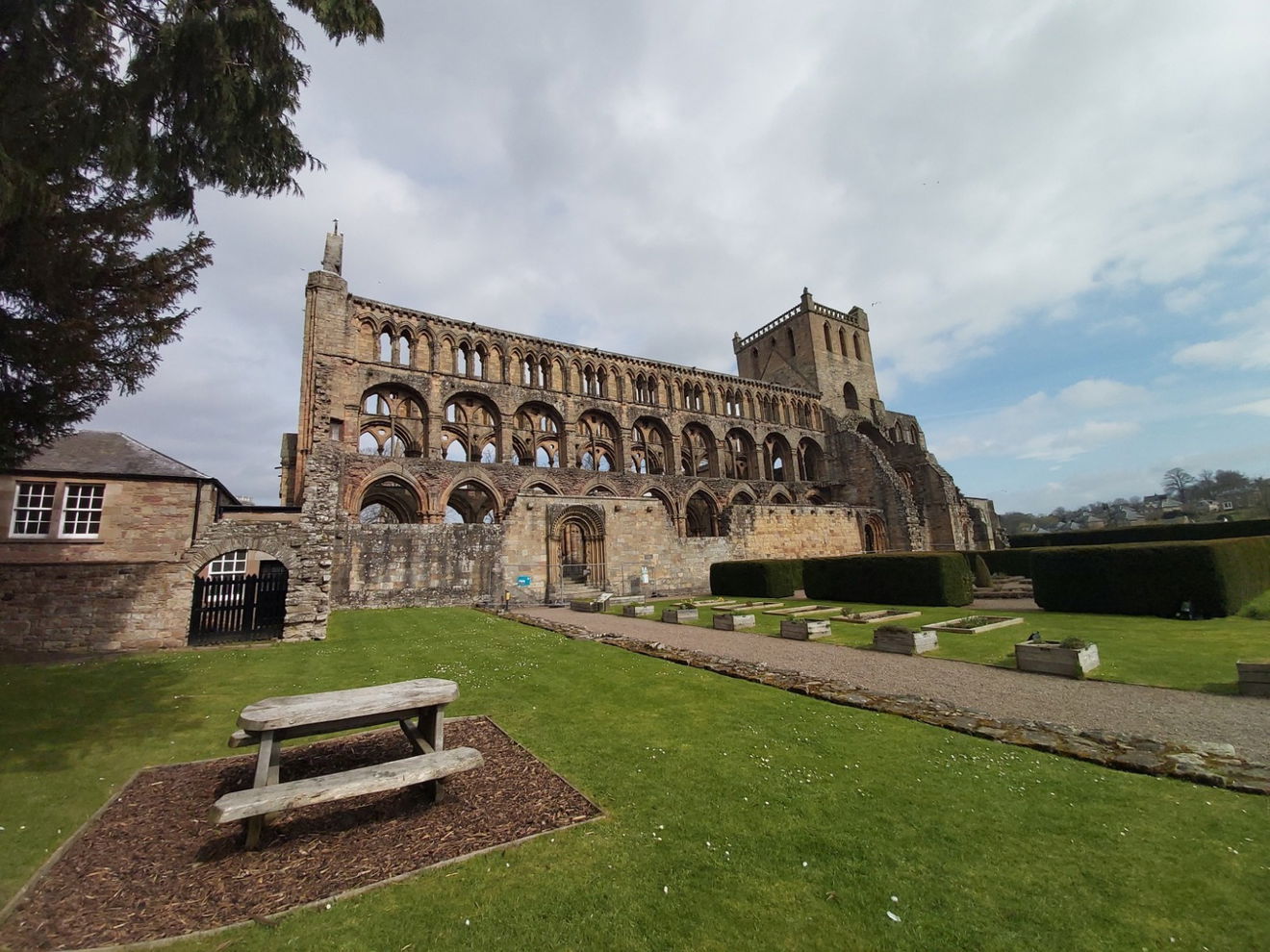

Get 3 points if you have visited this place. Already visited by 198 VIPs.
Login to the VIP area to add places to your bucket list, mark them as visited and more importantly see where you rank on the league table.
How To Find Jedburgh Abbey
Where To Park For Jedburgh Abbey?
Lat / Long
55.477482, -2.553201
What three words
Parking is available on Canongate a short walk away.
Contributed by Andrew Gardner
I love being outdoors, in nature, and experiencing the relaxation it brings. Wandering through the northern countryside seeing unexpected buildings, historic places and occasionally surprised wildlife is one of life's great pleasures.
More Places from Andrew
More Places In Jedburgh
Find more fabulous places in Jedburgh, Borders and if you know of a place we haven't listed, then let us know.
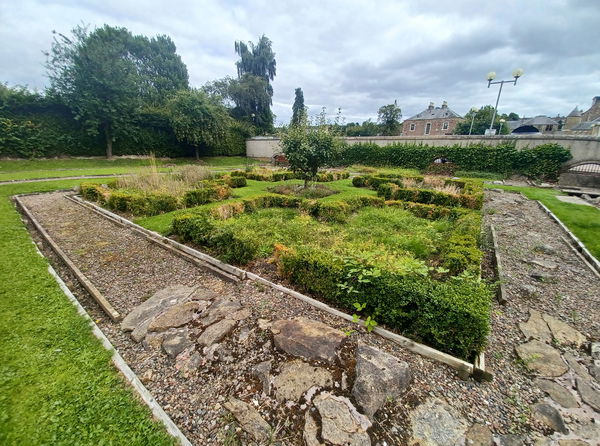
Greyfriars Garden
Religious Place Jedburgh BordersRemains of a 15th century friary in the heart of Jedburgh.
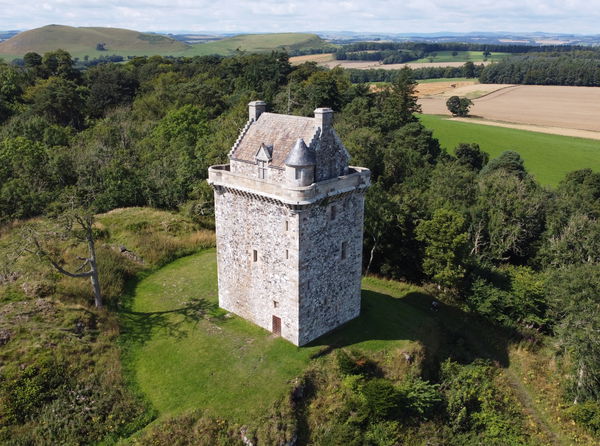
Fatlips Castle
Tower Jedburgh BordersA beautiful pele tower perched on Minto Crags peaking out of the trees.
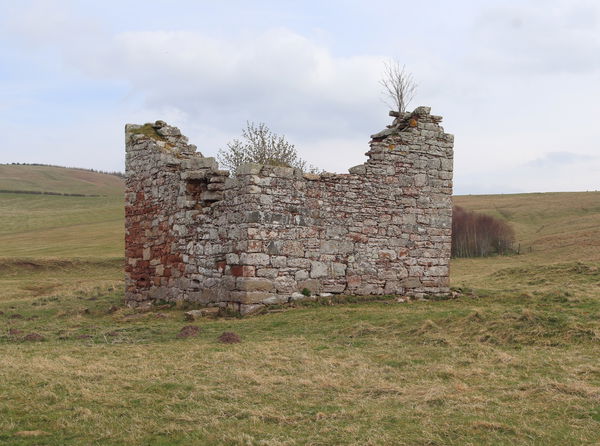
Fulton Tower
Tower Jedburgh BordersA 16th century ruined tower house belonging to the Hume family, who were a powerful Border clan.
More Religious Places
So this religious place wasn't enough and you want more? Don't worry we have you covered.
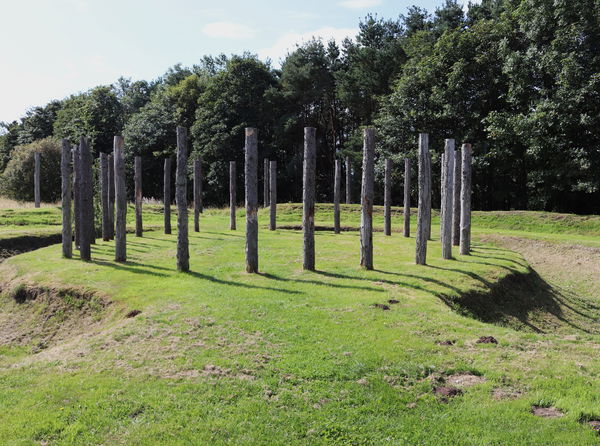
Maelmin Henge
Religious Place Ford And Etal NorthumberlandA replica of a nearby Anglo-Saxon henge and part of the part of the Maelmin Heritage Trail.

St Cuthbert's Corsenside
Religious Place Ridsdale NorthumberlandThe smallest place of sanctuary, rolling out of West Woodburn, between the road and the river, lies the church of St Cuthbert's, Corsenside.
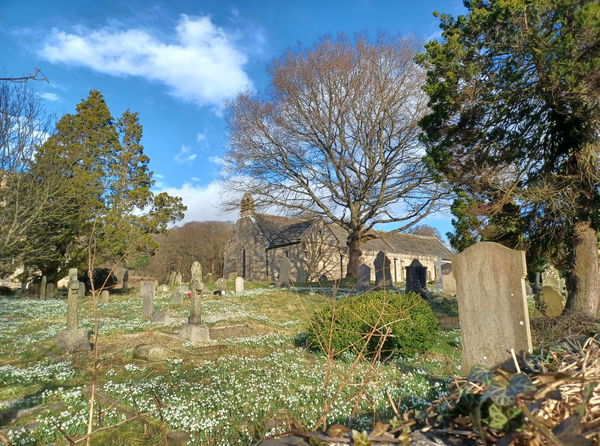
Church of St Agatha
Religious Place Richmond North YorkshireA church in Richmond with built elements dating from the 12th century.
Never Miss A Fabulous Place
If you are afraid of missing out on all the fabulous places we post, or just want to be the first to know, then sign up to the Fabulous North.
Each week we will email you all the brand new places that we visit.
Sign Up To AlertsFind Us On Facebook
We post all our new places daily on our Facebook Groups page, so join the group today and be notified when we add a new place.
Join Our Facebook GroupJedburgh Abbey was listed in Religious Place // Borders // Jedburgh

